While most people think of car engines as powerful and invincible, the truth is that they’re actually pretty delicate. If something goes wrong while the engine is running, it can cause the car to lose power and stall. Cars losing power while driving can be a major inconvenience. It’s important to understand the reasons behind it so you can avoid it in the future.
‘In this post, let’s explore some of the most common reasons behind power loss in cars and what necessary actions you can take to prevent them.
12 Causes of a Cars Losing Power While Driving
Your car losing power while you’re driving can happen for a number of reasons, and we’ll explore some of them here. So read on to learn more about what could be causing your car to lose power – and what you can do about it.
1. Fuel Injector Problems
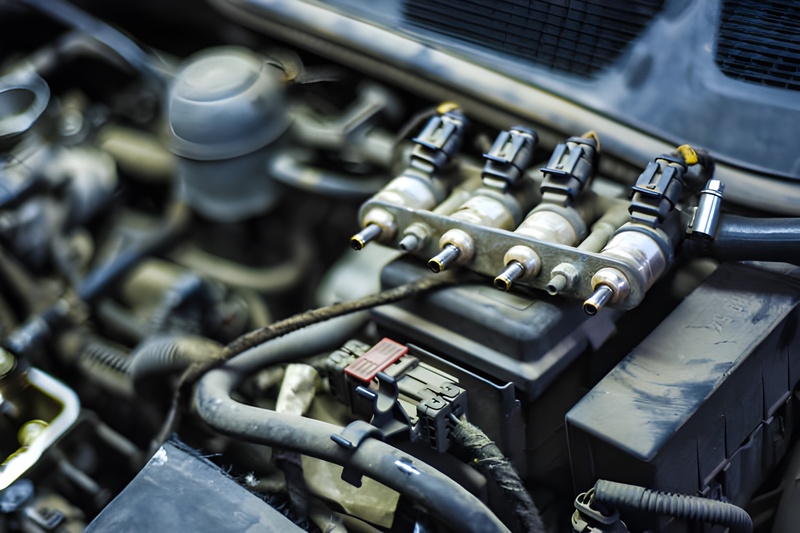
Does your car lose power but the engine is still running? Probably the fuel isn’t delivered to the engine efficiently enough or in the right amounts. This issue typically manifests itself as a series of jolts while driving, accompanied by a decrease in power, or stalling out completely. You should take the car immediately to a qualified mechanic for diagnostic testing of fuel injectors. If detected early, the repair will be much more manageable than if allowed to worsen – so don’t wait to get it checked out!
2. Bad Air Filter
When an air filter becomes clogged, dirty, or wet it reduces the engine’s access to fresh air which is necessary for efficient combustion. As a result, the oxygen that reaches the engine is diminished, leading to less power and fuel efficiency when driving. If you notice that your car is losing acceleration and then comes back and/or has increased exhaust emissions, then it’s possible that your car is suffering from a bad air filter. To maintain peak vehicle performance, replace your car’s air filter every 12 to 18 months.
3. Faulty Spark Plugs
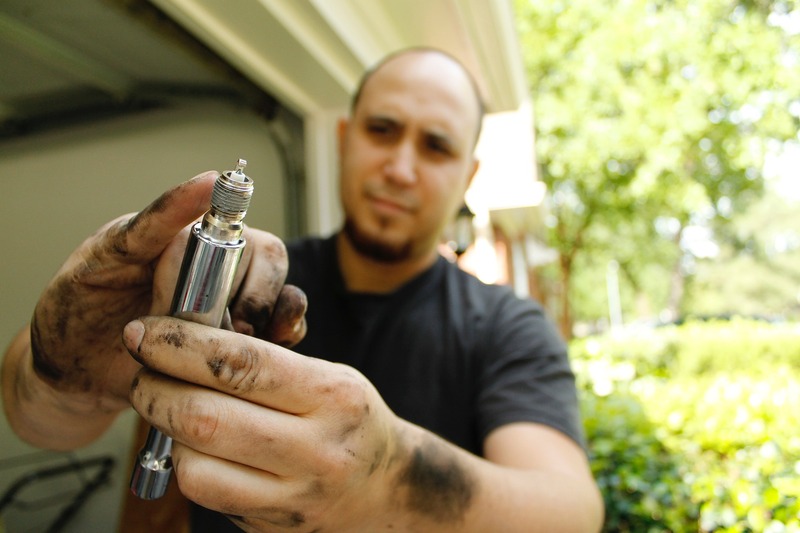
Spark plugs allow for efficient ignition of the air and fuel mixture in the engine and thus ensure smooth operation of the car. If these spark plugs break down or malfunction, then it can lead to your car feeling like it has less power than when it was functioning normally. Therefore, if you experience such an issue with your vehicle, check to see if your spark plugs need replacing or adjusting. Doing so could help bring back your car’s full potential and create a much smoother driving experience!
4. Malfunctioning Ignition Coil
When the ignition coil malfunctions or wears out, your car will usually lose power while driving – making it difficult to accelerate. The loss of acceleration while driving can be caused by a failing ignition coil. If you suspect that the ignition coil is causing your car to struggle on the road, take your vehicle to an experienced mechanic who can inspect and replace worn parts as necessary.
5. Air Conditioning Draining Power
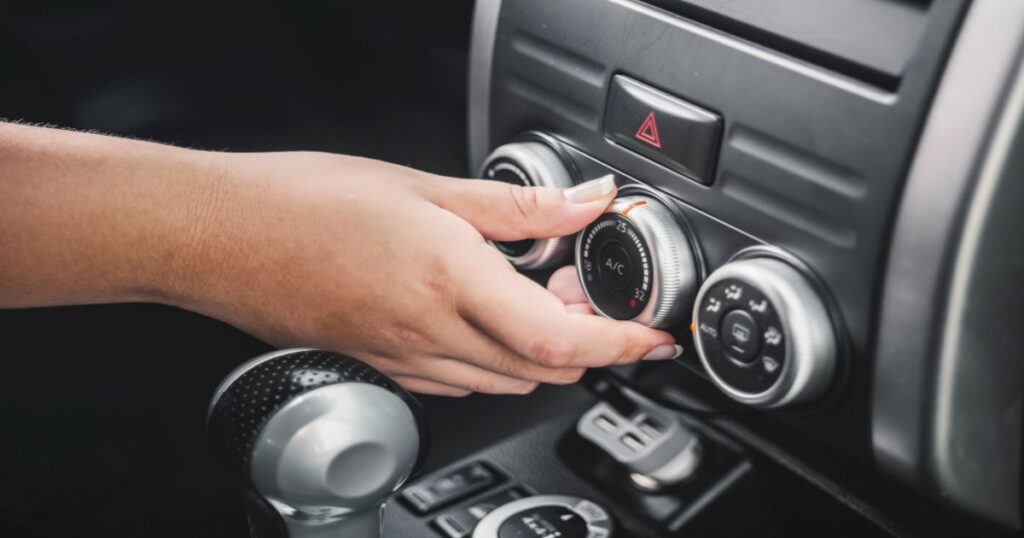
Air conditioning systems can take an enormous amount of power from cars when running. This will result in the car feeling sluggish and losing power while driving, especially when climbing hills. Regular maintenance such as replacing filters, coolant, and testing refrigerant pressure can keep an air conditioning system running well and minimize the burden it places on a vehicle’s engine. Additionally, switching off air conditioning immediately after stimulating high performance from the engine is always recommended as this will reduce the load on the engine further.
6. Engine Warning Light is On
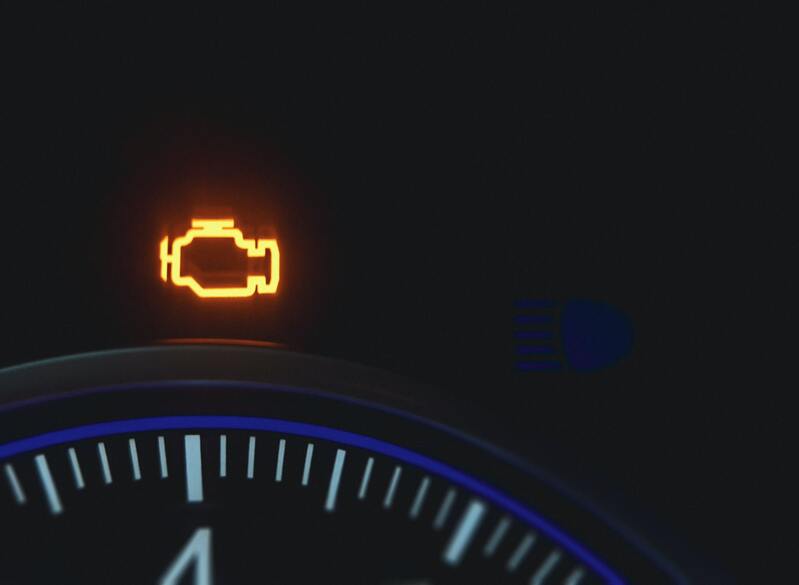
A blinking engine warning light is one of the most common causes of a car’s loss of power when driving or stalling completely. It could indicate a serious problem within the engine or another component, such as air or fuel filters that need to be replaced. When this happens, immediately stop and do not drive any further until you can identify the exact cause. Consult with an experienced technician and do the necessary repairs.
7. Faulty Car Alternator
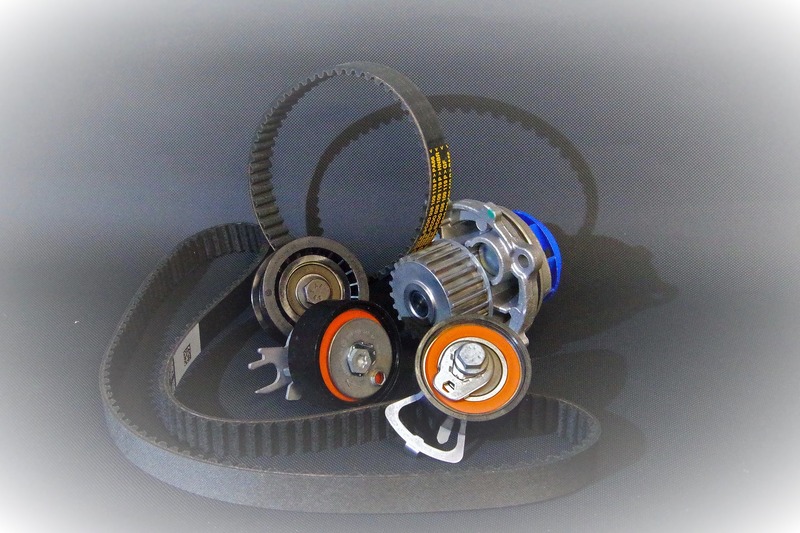
The alternator is responsible for providing the battery with electricity to power the car and for powering its electrical system. If there is an insufficient charge from the alternator, then the battery will eventually lose its power and cause the engine to cut off at random intervals while in motion. Issues such as an old or worn-out alternator belt can cause a difference in voltage output which can cause such problems as well. After suspecting such an issue, you should take your car to a qualified mechanic right away
8. Battery Issue
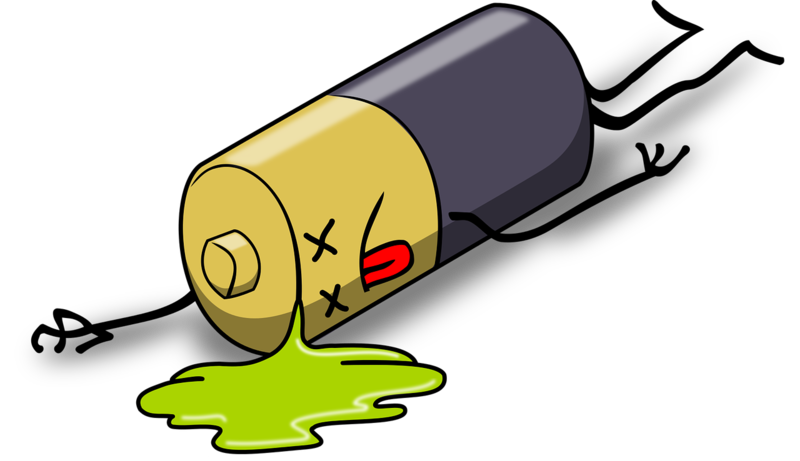
If a vehicle’s battery isn’t functioning properly, it can cause it to lose power while driving and leave you abandoned on the side of the road with no way to restart the engine. To prevent this, always let your car receive regular check-ups to make sure all components, particularly the battery, are working correctly and in good condition.
9. Turbocharger Problems
Over time, turbochargers can experience difficulty with pressurizing the air intake system, restricting the flow of air into certain cylinders. As a result, the car will lose power coming from those cylinders, leading to slower and less efficient performance while driving. In this case, diagnosing and fixing the turbocharger is key in order to preserve the optimal performance of your vehicle.
10. Overheated Cooling System
When your car’s cooling system becomes too hot and can’t allow heat to dissipate, it forces your car to work harder than normal to maintain a steady temperature and subsequently reduces its power output. Therefore you should keep an eye on your engine readouts and any warning lights or sounds that may indicate you have an overheating problem – doing so can help you avoid more serious damage occurring to your vehicle.
11. Weak Fuel Pump
A weak fuel pump can cause an inadequate supply of fuel to the engine, resulting in the car losing power. Some other signs that a fuel pump may need replacing are hesitation while accelerating, sluggish response when pressing the accelerator, and jerking while driving. Thus if you’re experiencing any of these symptoms with your car, don’t delay getting your vehicle checked by an expert repairman as soon as possible.
12. Oxygen Sensor Malfunction
The oxygen sensor monitors the air-fuel mixture in the engine and can easily get clogged up with fuel deposits, disrupting its ability to properly monitor the oxygen levels. When this happens, the engine won’t run properly, leading to a lack of power while driving. To fix this issue, the oxygen sensor needs to be cleaned or replaced.
What causes loss of power while accelerating?
Many people have experienced a loss of power when accelerating their vehicle, but few know what actually causes it. It could be due to a couple of different issues:
- Dirty or old air filter
- Worn spark plugs or fuel injectors
- Low engine compression.
An inadequate amount of air and fuel entering the combustion chamber can lead to misfires, resulting in that feeling of powerlessness while trying to accelerate.
Why does my car lose power when it gets warm?

When it comes to cars, one of the most common problems is when a car loses power as soon as it warms up. This generally happens because of increased engine friction – when the engine gets hot, lubrication is reduced, creating a build-up of heat that takes away from its power. Another common cause could be faulty parts in the air intake system. This can cause insufficient air supply to your car’s parts that make it run, reducing performance and causing power loss. A stale or inadequate fuel mixture can also reduce engine performance leading to lessened power output.
Why does my car lose power but the engine is still running?
This is a common problem with several potential root causes, ranging from fuel pump issues to spark plug problems, PW engine oil or dirty air filters, and more. Other times, the reason can be a faulty fuel injector or bad wiring.
Diagnosing what exactly is causing your car to lose power but keep running can be difficult and time-consuming but, if done properly, will ensure you properly repair the issue and save yourself potential problems down the road.
Conclusion:
Cars losing power when driving is a problem that should be fixed immediately because it can cause accidents. If you are experiencing this issue, take your car to the nearest mechanic and have them look at it. Do not continue driving your car if it loses power because you could end up in a dangerous situation.
